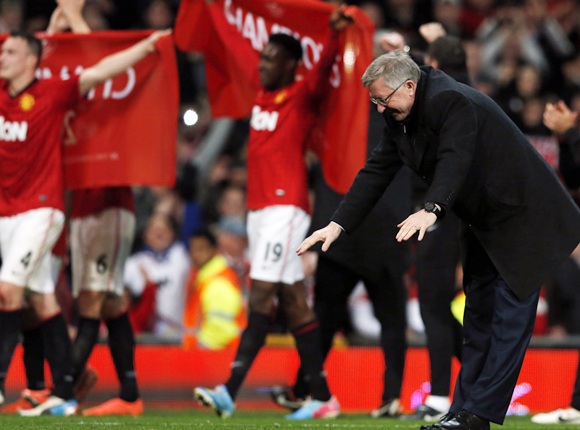
Tuesday's opening bell at the New York Stock Exchange will not only kick off a day of trade on Wall Street, it may also herald the end of an era at Manchester United, who are rumoured to be on the brink of announcing manager Alex Ferguson's retirement.
-Is Sir Alex Ferguson poised to call it quits?
Speculation swept English football late on Tuesday that 71-year-old Ferguson, who has managed United for more than 26 years, was set to step aside, though there has been no official comment from the club.
However, sources close to Manchester United said players had been told at a golf day on Tuesday to prepare for an announcement about Ferguson's future ahead of Sunday's game against Swansea, British media reported.
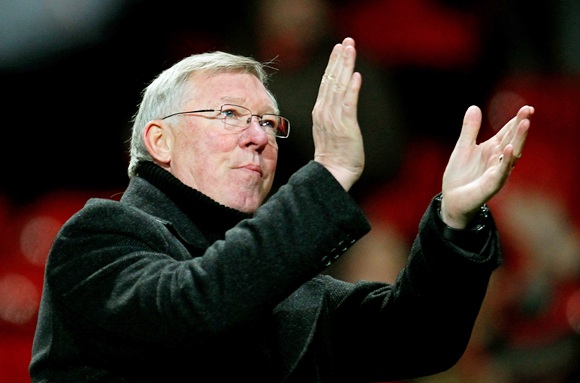
Owned by the American Glazer family, United listed on the New York Stock Exchange last August and must abide by regulations governing the release of information related to the running of the club.
Ferguson has dropped no hints that he was thinking about retiring and in programme notes ahead of last Sunday's game against Chelsea appeared to suggest he would continue his reign as the club's most successful manager for the foreseable future.
"Whether I will be here to oversee another decade of success remains to be seen, but I certainly don't have any plans at the moment to walk away from what I believe will be something special and worth being around to see," he wrote.
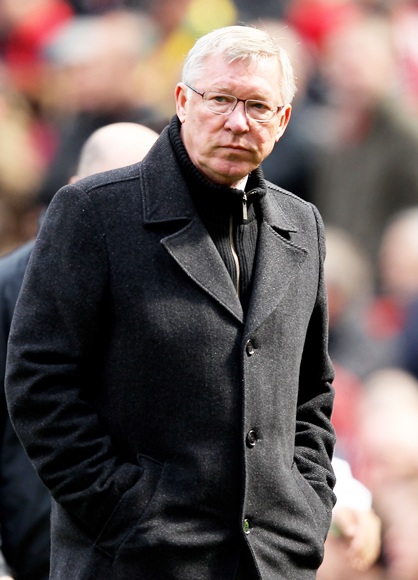
In his 26 years at Manchester United, Ferguson has overseen a period of dominance that brought 13 league titles, five FA Cups and four League Cup trophies to Old Trafford.
Internationally, United won the Champions League twice, the European Cup Winners' Cup as well as FIFA's Club World Cup.
Ferguson, who took the reins of United in 1986 and is the longest serving manager in English football, would be a hard act to follow and suitable candidates for arguably the biggest job in world football are thin on the ground.
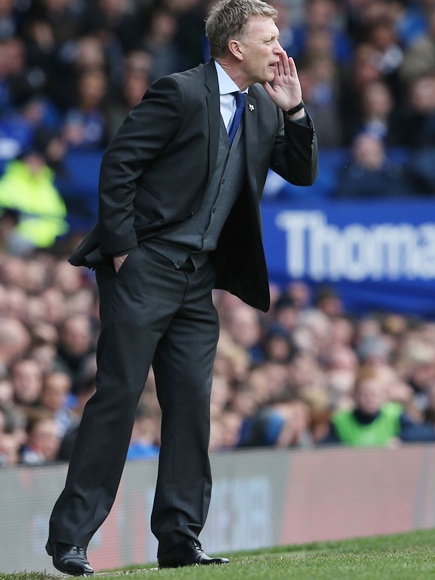
Everton manager David Moyes, a fellow Scot, has been installed by British bookmakers as a short-priced favourite, while Jose Mourinho's impending departure from Real Madrid also puts him in the frame, though most think the Portuguese only has eyes for Chelsea.
Other candidates include Borussia Dortmund coach Juergen Klopp, Manchester United's evergreen winger Ryan Giggs and former United striker Ole Gunnar Solskjaer, who has coached Molde to back-to-back Norweigian titles in his two years in charge.
Rumours of Ferguson's retirement may prove greatly exaggerated, however.
The Scot went public with his plans to walk away from the club at the end of the 2001-02 season, only to have a change of heart and decide to stay on and burnish his legacy.
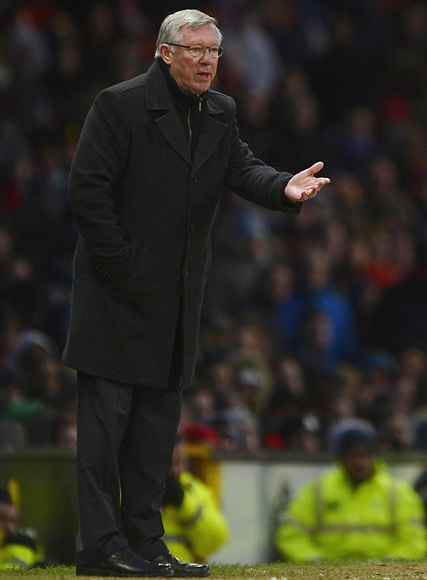
That stability and success has also helped United off the field, and the club are on target to hit revenue and profit targets set shortly after their shares floated in New York last year in a listing that valued United at $2.3 billion.
The flotation also allowed United to cut debt to 367 million pounds at the end of 2012 from 439 million pounds a year earlier.
The propsect of Ferguson standing down after a quarter of a century in charge could unsettle investors, however.
"The biggest challenge for United will be when the time comes for a new manager -- whenever that may be," Dan Jones, head of the sports business group at Deloitte, said last month.
Investors and fans have every right to be nervous about United's succession plans given the troubled times the club endured in the wake of Matt Busby's retirement in 1969.
In Busby's first spell in charge (1945-1969), United won five league titles, a pair of FA Cups and the club's first European Cup but his departure brought a period of instability that saw the club go without a trophy for seven years and suffer relegation to the second division in 1974.